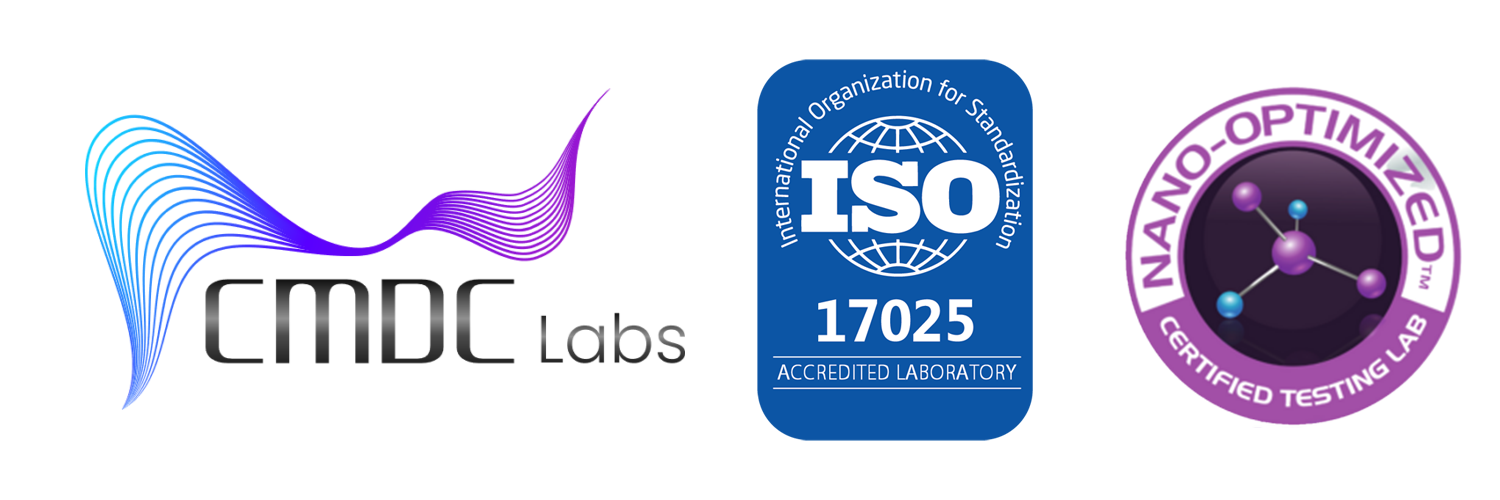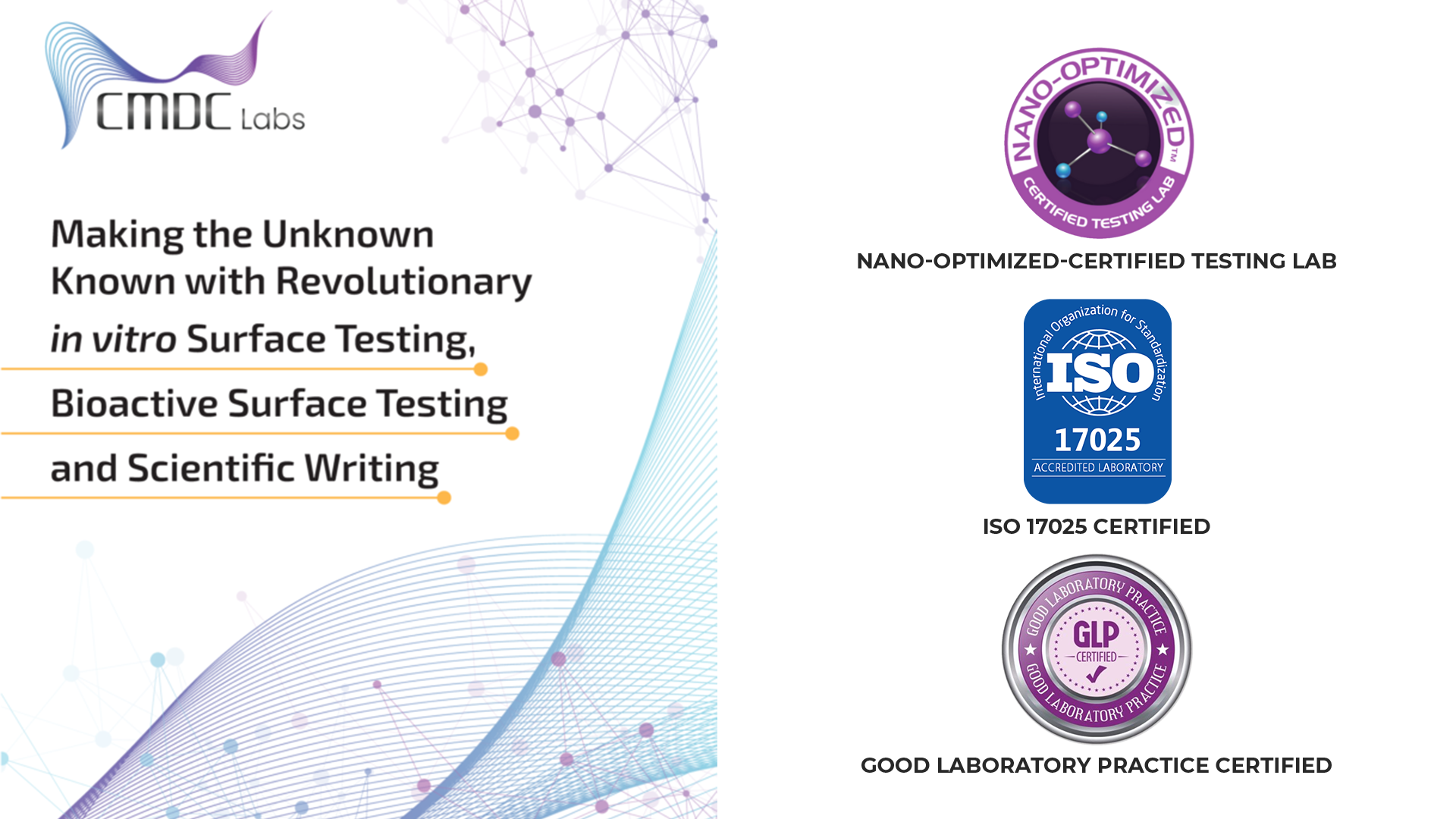In the realm of pharmaceutical manufacturing, ensuring product sterility is paramount to patient safety and regulatory compliance. The United States Pharmacopeia (USP) provides guidelines and standards for assessing the microbial quality of pharmaceutical products, with USP<71> serving as a cornerstone in this endeavor. At CMDC Labs, we recognize the critical importance of USP<71> compliance in pharmaceutical sterility testing and are dedicated to helping our clients navigate and uphold these rigorous standards.
Understanding USP<71> Compliance: USP<71>, also known as “Sterility Tests,” outlines the procedures for determining the sterility of pharmaceutical products and substances. It provides guidance on the methods and acceptance criteria for conducting sterility tests, ensuring that products are free from viable microorganisms that could compromise patient safety. Compliance with USP<71> is a regulatory requirement for pharmaceutical manufacturers seeking approval for their products.
Key Components of USP<71> Compliance:
- Test Methodology: USP<71> prescribes both direct inoculation and membrane filtration methods for sterility testing. These methods involve incubating product samples in suitable culture media under appropriate conditions to detect the presence of viable microorganisms.
- Acceptance Criteria: The acceptance criteria outlined in USP<71> specify the maximum allowable number of positive test results and the absence of growth in control samples. Products must meet these criteria to be considered sterile and compliant with regulatory requirements.
- Validation and Qualification: Pharmaceutical manufacturers are required to validate their sterility testing methods to ensure their accuracy, precision, and reliability. This involves conducting method suitability testing, validation studies, and ongoing monitoring to demonstrate the effectiveness of the testing process.
- Environmental Monitoring: USP<71> emphasizes the importance of environmental monitoring in pharmaceutical manufacturing facilities to prevent microbial contamination. Regular monitoring of air, surfaces, and personnel helps identify potential sources of contamination and implement corrective actions to maintain sterility.
CMDC Labs’ Approach to USP<71> Compliance: At CMDC Labs, we specialize in providing comprehensive USP<71> compliance testing services to pharmaceutical manufacturers, ensuring that their products meet regulatory requirements for sterility. Our state-of-the-art laboratories are equipped with advanced instrumentation and technology to perform sterility tests with precision and accuracy.
Our team of experienced scientists and technicians follows strict adherence to USP<71> guidelines, conducting testing in accordance with validated methods and protocols. We provide thorough validation and qualification of our testing procedures, including method suitability testing and ongoing performance monitoring, to ensure the reliability and reproducibility of our results.
In addition to sterility testing, we offer a range of complementary services, including environmental monitoring, validation support, and regulatory consulting, to support our clients’ USP<71> compliance efforts. We collaborate closely with our clients to develop customized testing plans tailored to their specific needs and requirements, providing timely and actionable insights to facilitate regulatory approval and product release.
Conclusion: USP<71> compliance is a fundamental aspect of pharmaceutical sterility testing, requiring adherence to stringent guidelines and standards. At CMDC Labs, we are committed to helping pharmaceutical manufacturers navigate the complexities of USP<71> compliance, providing reliable testing services and expert support to ensure product safety and regulatory compliance. With our dedication to quality, precision, and customer satisfaction, we serve as a trusted partner in upholding pharmaceutical sterility and safeguarding patient health.

